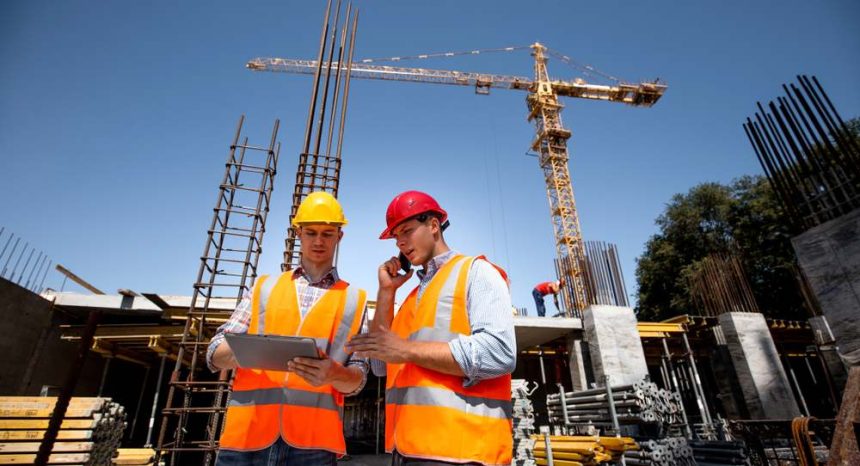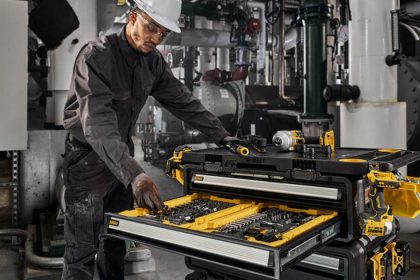Aussie tradies are jumping on the artificial intelligence (AI) bandwagon as the industry searches for an answer to the construction cost crisis.
This week saw the world introduced to OpenAi’s latest version of their generative AI tool that dominated news feeds all through 2023 – ChatGPT 4.0.
The live demo seemingly lived up to the ‘magic’ predictions from fans (and then some), showing off the AI assistant’s impressive emotional responses, improved image prompt-to-image generation and eerily intuitive programs that far outstrip what we’ve seen from competitors like Apple’s Siri and Amazon’s Alexa.
But for tradies, these announcements mean a lot more than a revival of AI-generated memes in the work group chat – they might just save the whole industry.
A new report from software giant Autodesk and financial advisor Deloitte found the majority of Aussie construction companies (61 per cent) were confident AI could drive down the blown-out costs that have businesses tightening their tool belts across the country.
Building on a similar report from the company in 2023, researchers revealed that at least 30 per cent of the industry was actively trialling or using AI in everyday operations, with the hope of solving “critical issues” like worsening labour shortages, rising material costs and ongoing disruptions to supply chains.
According to data from the Australian Securities and Investments Commission (ASIC), these industry woes are responsible for over 2,300 construction companies shutting up shop in the last year alone.
Autodesk’s senior manager of construction strategy and partnerships, Sumit Oberoi, emphasised that the adoption of AI and technology was “imperative for business success” and cost reduction in construction.
“Disruptive new technologies combined with a challenging business outlook means that construction and engineering leaders in Australia and across Asia Pacific (APAC) are having to seriously rethink their tools, workforce skill needs and how they interact with clients and contractors,” he said.
According to Oberoi, the explosive launch of generative tools like ChatGPT, Midjourney and Github Copilot over the last year has left many businesses racing to incorporate AI in order to get an edge over the competition.
“No industry is immune from the transformative potential of this technology,” he said.
“Generative AI means that a new project proposal doesn’t need to start from scratch, instead leveraging material and pricing based on projects completed by the company with similar specifications.”
According to Autodesk’s report, Australian construction companies surveyed also said the benefits of AI will greatly improve efficiency (76 per cent), increase revenue (53 per cent), uncover new ideas and insights (52 per cent) and enhance client relationships (49 per cent).
David Rumbens, a Partner at Deloitte Access Economics, said that if all companies with plans to adopt AI follow through, AI will have a “similar level of prevalence in the construction industry as data analytics or mobile apps.”
A digital divide in construction
But incorporating AI into an industry that employs over 1.2 million people will be no easy feat. With tradies spending most of their careers on the tools insitead of behind screens, the report found 76 per cent of Aussie businesses report having “technical skill gaps” around digital technology.
Mr Oberoi said that for construction to improve digital adoption, businesses would need to start small by piloting projects, electing a “digital champion”, tracking a range of success measures, building a digital ecosystem, and asking whether their business is AI ready.
“Put simply, construction companies need to get their ducks in a row now so they can implement AI in future years,” he said.
“The first step to successfully implementing AI is data standardisation and having an operational common data environment for teams.”







